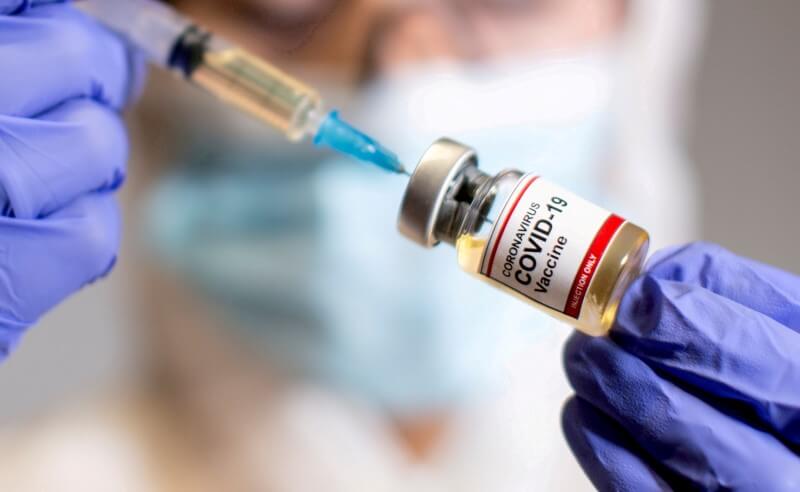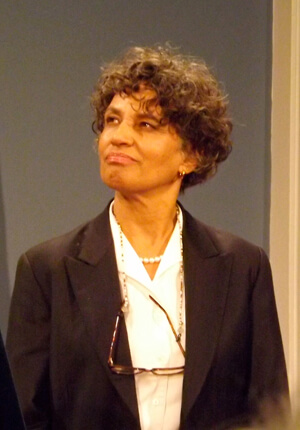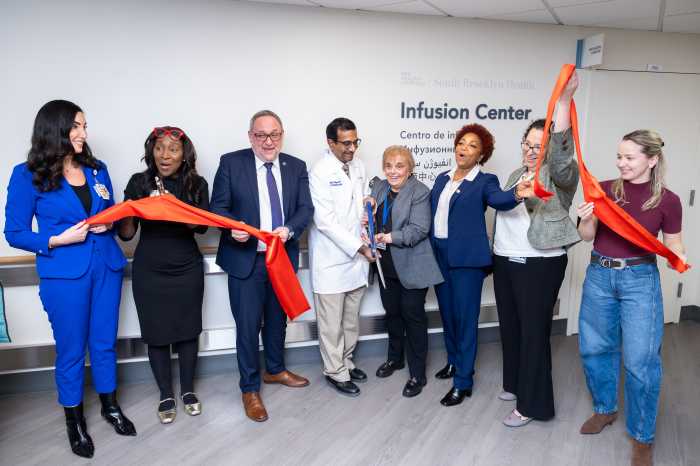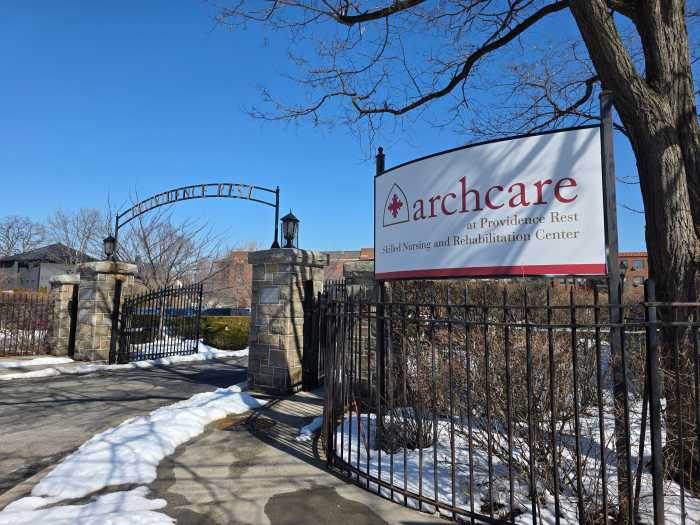The US Food and Drug Administration (FDA) on August 13 authorized a third COVID-19 vaccine dose for immunocompromised individuals who have taken the Pfizer-BioNTech or Moderna vaccines.
Those eligible for the third shot include “certain immunocompromised individuals, specifically, solid organ transplant recipients or those who are diagnosed with conditions that are considered to have an equivalent level of immunocompromise,” according to the FDA. The authorization, which only adjusts the emergency use of Pfizer-BioNTech and Moderna shots, had been anticipated at a time when medical professionals have said an extra shot could act as another layer of protection for groups who are more susceptible to worse COVID-19 outcomes.
“The country has entered yet another wave of the COVID-19 pandemic, and the FDA is especially cognizant that immunocompromised people are particularly at risk for severe disease,” Acting FDA Commissioner Janet Woodcock said in a written statement. “After a thorough review of the available data, the FDA determined that this small, vulnerable group may benefit from a third dose of the Pfizer-BioNTech or Moderna Vaccines. Today’s action allows doctors to boost immunity in certain immunocompromised individuals who need extra protection from COVID-19. As we’ve previously stated, other individuals who are fully vaccinated are adequately protected and do not need an additional dose of COVID-19 vaccine at this time. The FDA is actively engaged in a science-based, rigorous process with our federal partners to consider whether an additional dose may be needed in the future.”
The CDC, which notes that 2.7 percent of US adults are immunocompromised, has considered people living with HIV among those who are immunocompromised, but the FDA did not explicitly state whether people living with HIV would be included in the group eligible for a third shot. The CDC is scheduled to meet on August 13 to discuss the new developments.
Encouraging findings published in the journals AIDS and Clinical Infectious Diseases point to the effectiveness of two-shot vaccines in people living with HIV, according to AIDSmap.com. In a study in the journal AIDS, researchers at John Hopkins University School of Medicine found that people living with HIV who had taken the Pfizer and Moderna vaccines experienced a potent immune response to COVID-19 that is similar to HIV-negative individuals. People living with HIV also experienced more robust immune responses than other immunocompromised groups, including patients undergoing treatment for cancer.
“These initial results show encouraging immunogenicity and safety of the two-dose mRNA vaccine series, suggesting that all PWH with viral suppression, regardless of CD4 count, may benefit from vaccination, researchers wrote in the AIDS journal.
The study published in Clinical Infectious Diseases, meanwhile, backed a separate study which found that people living with HIV who had the vaccine experienced the same level of protection against the virus as people not living with HIV.
“Our data confirm a prior study showing that mRNA vaccines induce antibody responses in PLWH and extend the findings by showing that the level of binding antibodies is not significantly different from that produced” in healthy individuals, researchers wrote in the journal of Clinical Infectious Diseases.
The latest information comes months after advocates urged New York Governor Andrew Cuomo to prioritize vaccine access for people living with HIV. Last year, a study published in New York found people living with HIV were more likely to be diagnosed, hospitalized, and die from COVID-19 during the early months of the pandemic.
To sign up for the Gay City News email newsletter, visit gaycitynews.com/newsletter.





































